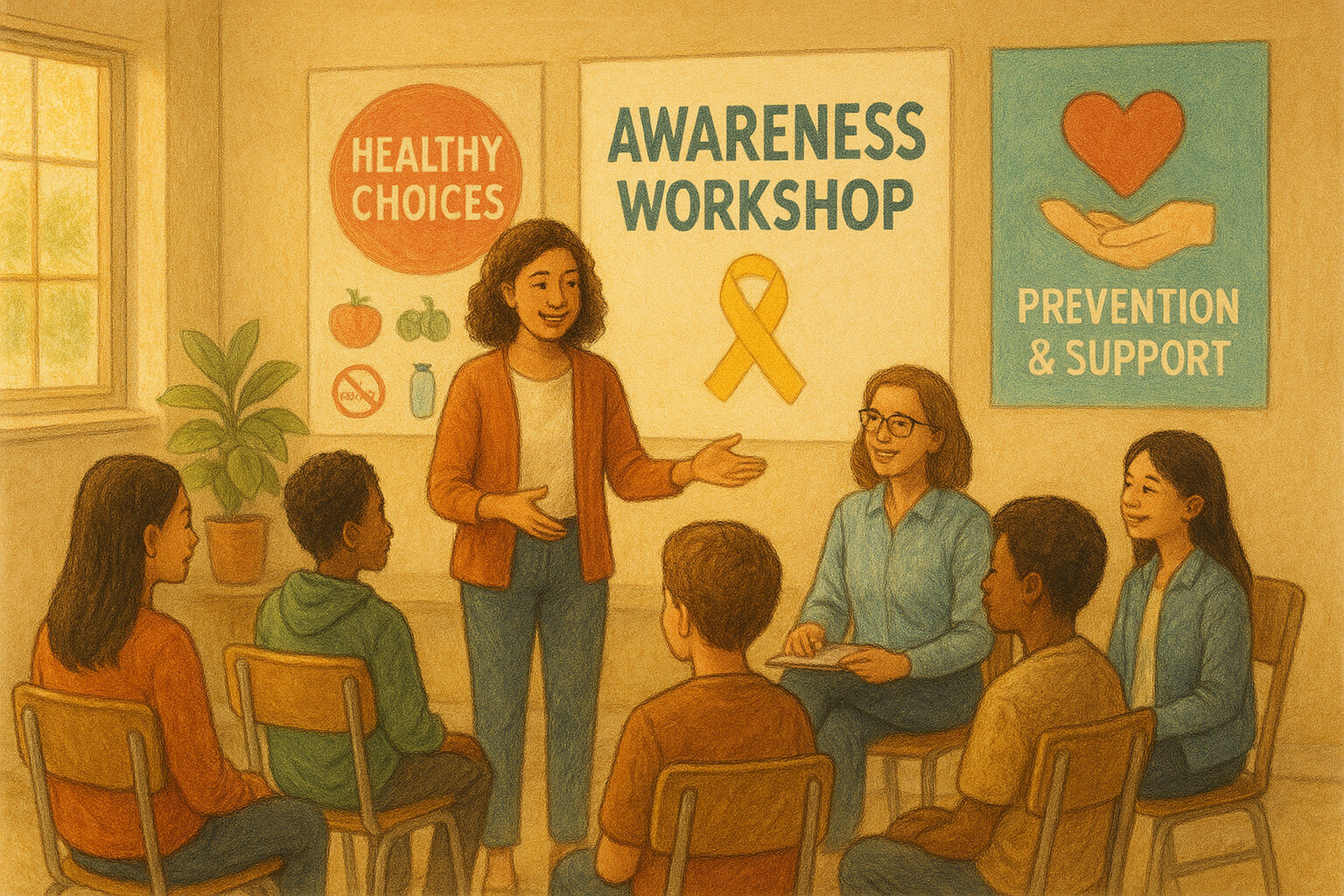September 01, 2025

Substance abuse is a complex and ongoing public health challenge that affects people of all ages and backgrounds. It leads to devastating consequences for individuals, families, and communities—fueling cycles of addiction, crime, homelessness, and poor mental and physical health.
While treatment remains essential for those already affected, prevention is our strongest weapon. Focusing on education, early intervention, emotional support, and community infrastructure allows us to stop the problem before it starts—and build a society where healthier choices are the norm.
Education begins early. Studies from the National Institute on Drug Abuse (NIDA) show that comprehensive prevention programs in schools can reduce substance abuse rates by up to 30%. These programs are most effective when:
Related: See how after-school programs benefit kids and families by offering positive environments that reduce risky behaviors.
Parents and guardians are one of the first lines of defense. Teens whose parents talk to them regularly about the risks of drugs and alcohol are 42% less likely to use substances, according to the Substance Abuse and Mental Health Services Administration (SAMHSA).
Tips for parents:
Education alone isn't enough. People at risk need support systems that help them cope with life’s stressors without turning to substances.
Having trusted relationships—whether with family, friends, coaches, or mentors—helps buffer against the temptations of substance use. These support systems:
Communities have immense power in substance abuse prevention. When neighborhoods work together, they create safer environments and accessible resources.
Prevention messaging is most effective when it's positive and empowering, not fear-based.
Instead of solely focusing on what not to do, emphasize what to do instead:
Incorporating life skills education—like goal setting, emotional regulation, and conflict resolution—into prevention programs builds long-term resilience.
Interested in supporting youth development? Read Character Education: Nurturing Values in Youth
Preventing substance abuse is not the job of one group—it’s a collective effort. Schools, families, policymakers, healthcare providers, and nonprofit organizations must work together to build environments where people feel supported, informed, and hopeful.
This includes:
Stay up to date with the latest tips, expert insights, product reviews, and step-by-step guides to help you grow, create, and succeed—no matter your industry or passion.